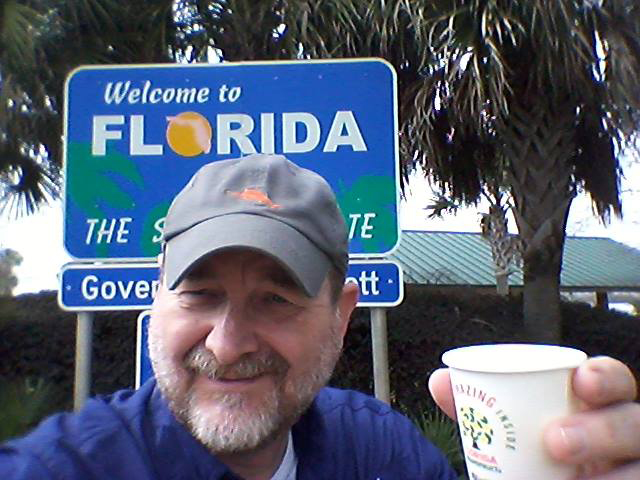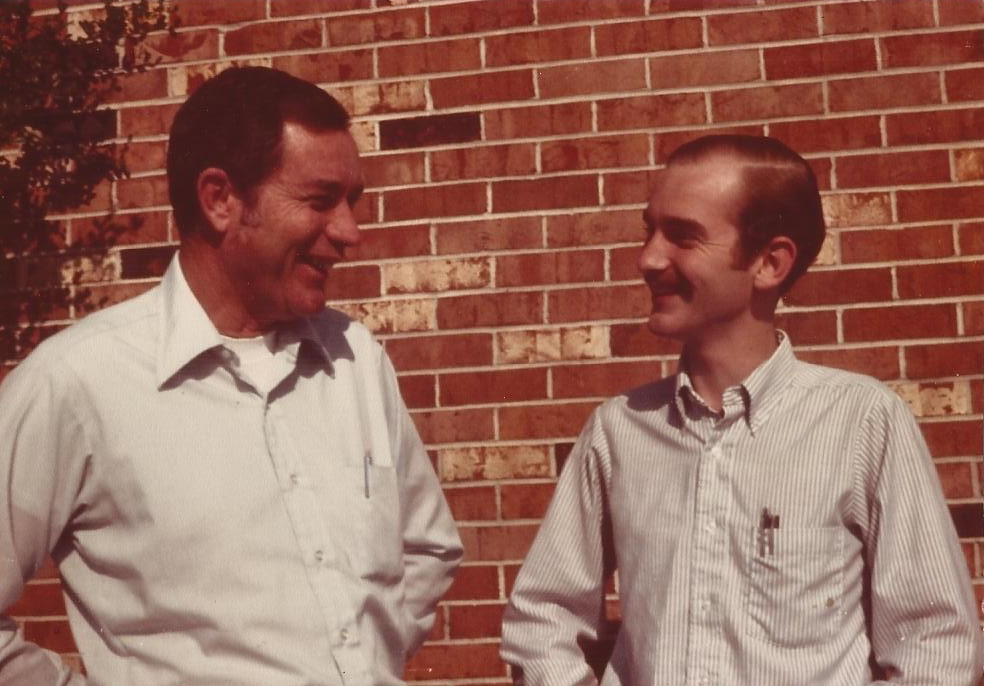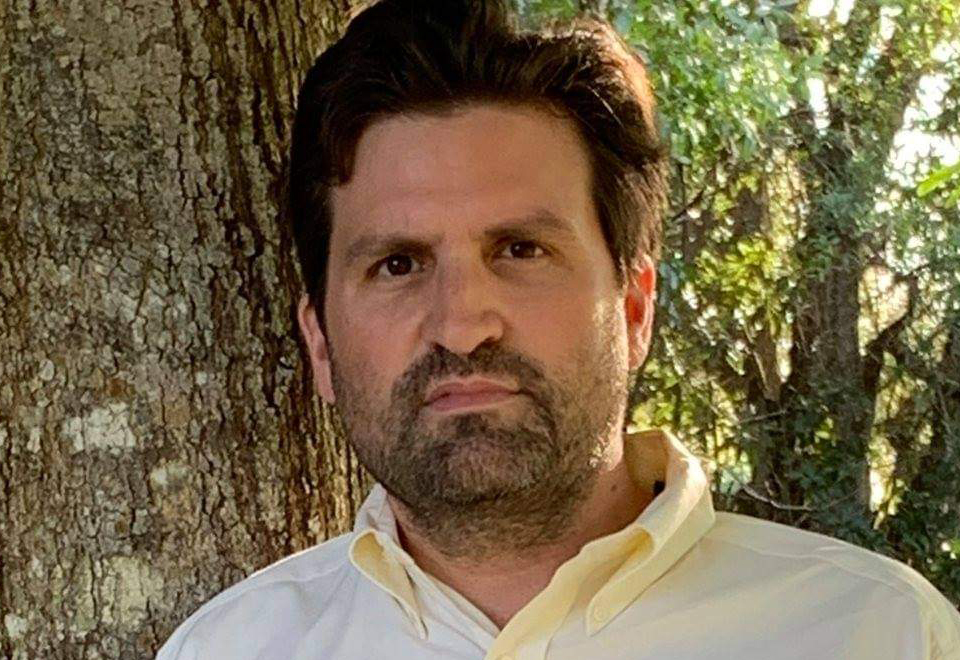By David Vaina
Craig Pittman’s new book, “Welcome to Florida: True Tales from America’s Most Interesting State,” is a collection of 43 columns previously published in the Florida Phoenix, Tampa Bay Times, Washington Post and elsewhere, chronicling the absurdity of Florida’s politics and culture.
Even as “Florida man” has been exhausted as an Internet meme, you may still find yourself wondering why and how odd things happen here more often than anywhere else. And even the most jaded readers might manage to laugh at the characters driving this weird and wacky mythology, such as those “Butt Hutt” nudists who demonstrated extraordinary creativity in keeping people safe while keeping their resort doors open during COVID.

But even while we laugh, stories like “”Adios, Oysters,” “The Mangrover Massacre,” “Stinky Town” and “Feeling Hot Hot Hot” underscore the seriousness of what’s at stake: climate change, citrus greening, environmental racism, pollution and cancer, the dire economic effects of citrus greening and oyster overharvesting, seemingly unstoppable development, and the collective frustration many of us feel toward the coziness between special interests and Florida’s DEP (Department of Environmental Protection, or “Don’t Expect Protection” as Pittman refers to the regulatory agency).
When I spoke with Pittman about his literary approach to these grave environmental and social issues, he pointed toward the “spoonful of sugar method” that readers need in order to want to read about such serious and often-depressing topics.
“To get people to read those serious subjects, you have to throw them something to keep them entertained: corny jokes, bad puns, etc.,” Pittman said.
Pittman noted a diverse roster of writers who have long inspired him, ranging from Zora Neale Hurston to Raymond Chandler. He also mentioned the now-retired columnists Howard Troxler and Carl Hiaasen, both of whom weren’t “afraid to mock the powerful.”
To me, this mocking strategy initiates an important conversation on how Florida’s environmental activist community and all other concerned citizens can leverage satire into political power.
When we ridicule those who stand in the way of our efforts to address water quality issues, climate change impacts, threats to wildlife and ecosystems, and the loss of natural habitats, we make these forces appear weaker than they really are. As such, we can realize our capacities to stand up to them at a time when so many of us in Florida’s environmental community are scratching our heads on ways to move forward – or perhaps even afraid to do so.

Pittman’s collection of columns is full of individuals who chose to stand up in their own way. Lauded by Pittman as those “pains in the butt” resisting corporate and political power in Florida, they include Jackie Lane, who began fighting industrial pollution in Escambia County’s Perdido Bay in the mid-1980s. There’s a valentine to the late Jimmy Buffett and his advocacy on behalf of Florida’s manatees.
We read about Eric Draper, who once oversaw both Florida Audubon and the Florida State Parks system. In “The Parks Man,” Pittman presents Draper’s “deal-cutting” approach as a model that promises to get things done but nevertheless underwhelms and disappoints those who reject reformist politics to Florida’s various environmental crises. Unfortunately, a good deal is almost always better than no deal.
We also learn about Pittman’s late father in “The Unlikely Tree Hugger.” To protect wetlands in Pensacola, Oscar Pittman, a land surveyor, deliberately proposed an “outrageously high” fee to a developer to prevent a proposed housing development from getting off the ground.
The piece on Pittman’s dad is more than a mere sentimental gesture, I believe. Despite the odds stacked against regular folks aiming to do what’s right for Florida’s environment, there are many “quiet” rabble rousers who carry on their work by flying under the radar.

And Pittman agrees: “Oh pshaw, we’ve got PLENTY of heroes. They’re the folks who stand up for their slice of paradise against the forces trying to pave over everything. The people in Royal battling the DOT and the ones in Jumbolair trying to save their peace and tranquility — they’re heroes. A hero is just someone who, like Gary Cooper in ‘High Noon,’ says, ‘I’m tired of being shoved.’”
Perhaps, then, it is no surprise that the last entry in Pittman’s book – “Teach Your Children” — explores the potential of environmental education in Florida. But like everything else worth fighting for around Florida’s environmental politics, we will need many, many more heroes who don’t want to be shoved around anymore to win that fight too.
David Vaina has a Ph.D. in political theory and has helped fund, develop and operate Florida nonprofits over the last 15 years. He currently serves as chair for the Suwannee-St. Johns Group of the Sierra Club and lives in rural north Florida. Banner photo: Craig Pittman poses by a giant replica orange (Photo courtesy of Craig Pittman).
Sign up for The Invading Sea newsletter by visiting here. To support The Invading Sea, click here to make a donation. If you are interested in submitting an opinion piece to The Invading Sea, email Editor Nathan Crabbe at nc*****@*au.edu.



